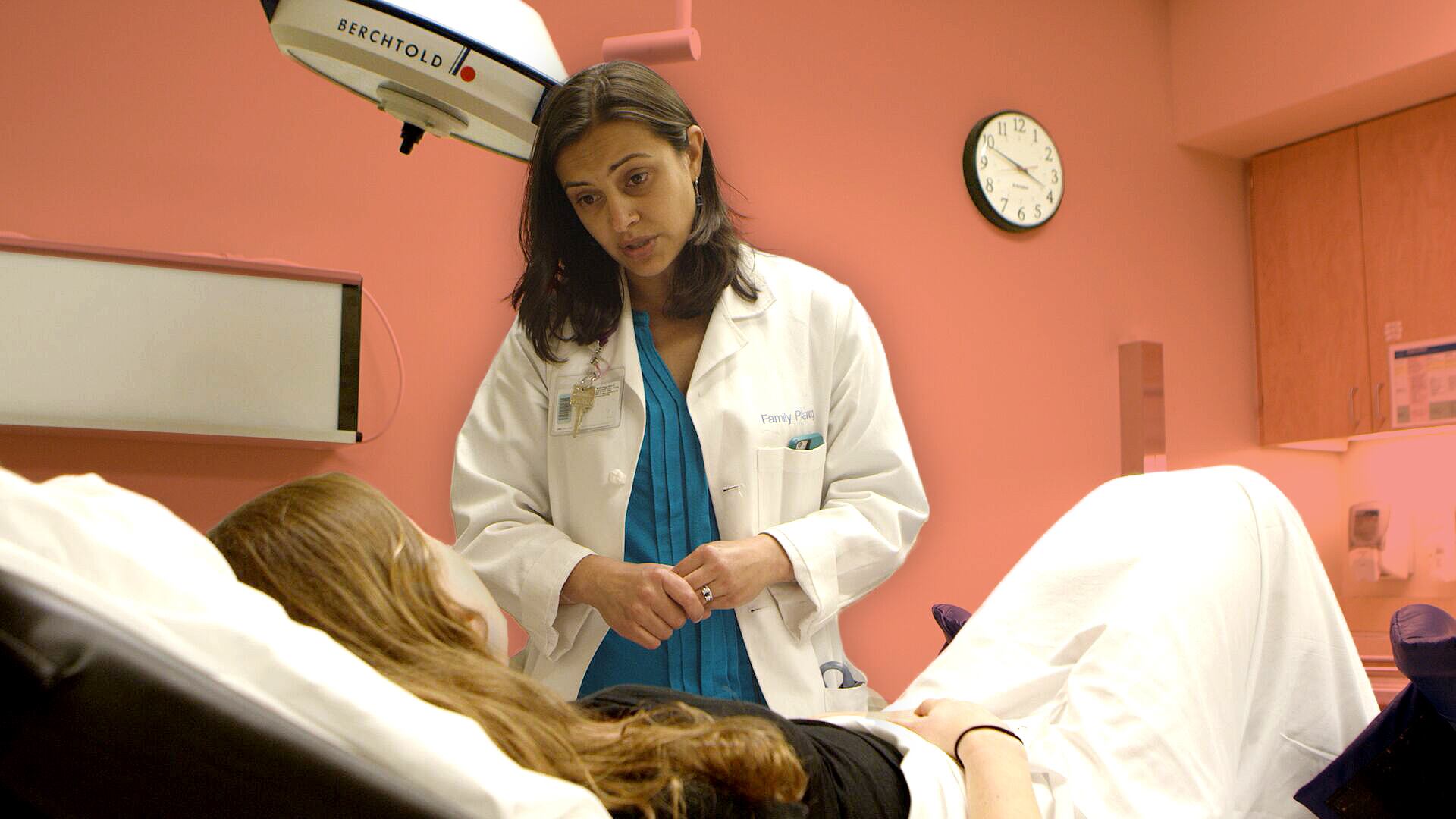Our Bodies Our Doctors, the sixth feature by local documentarian Jan Haaken, avoids the entrenched symbology that surrounds abortion discourse. That's because the professor emeritus at Portland State University focused upon neither pregnant mother nor the unborn in this film, but instead trained her camera on the doctors tasked with providing safe medical procedures.
Wielding the bristling urgency and incisive candor of past projects like 2015's dairy farmer elegy, Milk Men, or the 2007 portrait of Portland drag queen laureate Darcelle, Queens of Heart, Haaken illuminates the forgotten providers who work amid the ever-present danger of harassment and the daunting thicket of restrictions enacted by government and, all too often, their own medical facilities. WW caught up with Haaken before the piece screens at this year's Portland International Film Festival.
WW: How did the project first come about?
Jan Haaken: I became very interested in reclaiming the emotional complexity of abortion care. It's interesting, in a way, how invisible abortion work is given its iconic [role] in American politics. Even pro-choice people are often misinformed about the big black box projected onto these people in an often very demonized sort of way.
You know, images can be very powerful and seductive and manipulative. The anti-choice forces have just dominated visual culture. If you look up abortion online, all you see are these horrific images from the anti-abortion movement. We need to take some of that back, and one way to fight stigma is to pull back the veil on some of this work so it's not so mysterious.
Did you focus on the doctors or the patients?
It's the story of providers. I just find them incredible people, and their stories have not been told. There are a number of really terrific films that follow women trying to get an abortion and the particular pool of women who are blocked at every turn. Most women who have an abortion, you know, go on, and it's not part of their lives or identity. It's a moment.
Some of those stories are in this film, but I became interested in what it really means to take up this work. You don't make much money. You get up every morning to go to work and have to park your car two blocks from the clinic. You have to be concerned with your kids being threatened or intimidated. It's a whole life.
How did you choose your subjects?
I first approached clinics and providers who provide a range of perspectives and geographical locations. One of the lead doctors, she's kind of featured, flies across the country a lot. You see her saying goodbye to her family and then flying into these clinics in Wichita and Oklahoma City because it's difficult to find doctors there to do this work. The medical centers within the state are so restrictive they have to fly doctors in to provide the procedures and fly residents out to get the training. It's not a talking-heads film. You do follow a lot of them into their clinics and into their interactions with patients, so there's a fair amount of vérité footage.
You were allowed to shoot inside the clinics?
As you can imagine, it was difficult at first for women to agree to have their procedures filmed. You're coming into the clinic to end a pregnancy, you've traveled there under difficult circumstances, and the last thing you feel like is having a film crew around. Many agreed to have the cameras there because they were so grateful to see the doctors. This was their way of giving something back.
To what degree did you show the process? Do you worry the visuals themselves will color the argument?
That's the question of the moment. I have a lot of footage that I wouldn't show, and there was some negotiation over what parts of the women's body should be in them. The patients themselves gave me consent, which still gave me a lot of latitude. For me, it was a question of how to show work that's being done around abortion care. It also gives a kind of virtual feeling for being in the room but done in a way that everyone felt OK about. Either you just show too much or you show too little. You cannot control what people do with images, you know? Someone can take a screenshot from the film and run with it, but it would be pretty hard to do that the way they usually do. There's always an irreducible risk of being taken out of context, but I think that's part of anything you do that's important.
SEE IT: Director Jan Haaken attends screenings of Our Bodies Our Doctors at NW Film Center's Whitsell Auditorium, 1219 SW Park Ave., nwfilm.org. 8:45 pm Friday and 6 pm Tuesday, March 8 and 12. $10-$14.
